Introduction
The figure of the Magi, shrouded in mystery and fascination, occupies a special place in the story of the Nativity. These figures, who came from distant lands to worship the Christ Child, symbolise not only the world's recognition of Christ's divinity, but also the universality of his message. In this article, we delve deep into their history, exploring their names, their origins and the profound significance of their journey.
Who are the Three Wise Men?
The Magi, also known as the Magi of the East or the Three Kings, play a central role in the celebration of the Nativity. Traditionally named Melchior, Gaspard and Balthazar, they represent different parts of the known world of the time, coming respectively from Europe, Asia and Africa. These three figures illustrate the diversity of the peoples of the Earth coming together in recognition and adoration of Christ.
Melchior, Gaspard and Balthazar, the Names of the Three Wise Men
- Melchior, often depicted as an elderly European, is the bearer of gold, the symbol of Jesus' royalty and divinity. His gift announces Jesus as the King of kings.
- Gaspard, a young man from the East, offers incense, recognising Jesus' divine nature and his role as a bridge between the divine and the human.
- Balthazar, from Africa, offers myrrh, prefiguring the death and resurrection of Jesus.
The roles of the Three Wise Men
Each king plays a specific role in the story of the Nativity. Their journey, guided by a star, is a symbol of spiritual quest, devotion and recognition of the prophecy of the Messiah. Their journey, fraught with challenges, reflects the universal nature of Jesus' mission and the acceptance of his message by all the nations of the world.
The Fourth Magi, Artaban
In addition to the three widely recognised Magi, there is an apocryphal tradition that tells of a fourth Magi named Artaban. According to this legend, Artaban was a wise and wealthy man living in Persia, who was an expert in astronomy and stargazing. One day, he observed an extraordinary star that announced the birth of a special king in Judea.
Inspired by this star and his faith, Artaban decided to join the other three Magi, Melchior, Gaspard and Balthazar, in their quest to find the Christ Child. However, on the way to the divine Child's Nativity Scene, Artaban met a number of people in distress and had the opportunity to help those in need.
At each encounter, Artaban used his wealth to relieve the suffering of others, but he was always too late to join the other Magi. Despite this, he continued his journey for many years, hoping to meet the Christ Child and offer him his precious treasure.
Finally, after many decades of selfless searching, Artaban arrived in Jerusalem, where he learned of Jesus' crucifixion. Although he was never able to see the Christ Child he had been searching for so long, Artaban understood that his act of compassion towards others was an act of love towards Christ himself.
The story of Artaban, although non-canonical and apocryphal, underlines the importance of charity, compassion and the search for spirituality in the Christian tradition. It also highlights the notion that adoration of Jesus can be manifested through acts of love towards our fellow human beings. In this way, Artaban also became a king, a king of heart and soul.
The Magi's gifts
The gifts brought by Melchior, Gaspard and Balthazar carry a profound meaning, far beyond their material value. Each of these gifts symbolises a different aspect of the life and mission of Jesus.
- Gold, given by Melchior, is a precious metal traditionally associated with royalty. In the context of the Nativity, it recognises Jesus as the "King of Kings", prophesying his future authority and sovereignty.
- Incense, brought by Gaspard, is an aromatic resin used in religious rites to honour the divine. This gift symbolises Jesus' divine nature and his connection with the heavenly, affirming his place as son of God and bridge between Heaven and Earth.
- Myrrh, given by Balthazar, is a product often associated with embalming and funeral rites. This gift prophetically prefigures Jesus' death and resurrection, underlining his human mortality as well as his victory over death.
Epiphany and the Meaning of 6 January
The feast of the Epiphany, celebrated on 6 January, is a crucial moment in the Christian calendar. It marks not only the end of the Christmas festivities, but also a major event in the life of Jesus: the visit of the Magi.
This celebration is rich in symbolism. Epiphany, which means "revelation", commemorates the first manifestation of Jesus to the Gentiles, represented by the Magi. This event is fundamental because it shows that the message of Jesus is universal, intended for all nations and peoples, and not exclusively for the Jewish people.
In many Christian traditions, Epiphany is celebrated with special rituals, Masses and re-enactments of the Magi's visit. It is a powerful reminder that the light of Jesus shines for everyone, regardless of race, culture or nationality, inviting all people to share in his love and grace.
Details of the Three Wise Men
- Age of the Magi: Traditionally, Melchior is seen as the oldest, representing wisdom and experience. Gaspard, often depicted as the youngest, embodies youth and hope. Balthazar, with an intermediate age, symbolises knowledge and reflection.
- The youngest of the Three Wise Men: Gaspard, often depicted as the youngest, brings a new perspective, symbolising the evolution and openness of faith to all generations.
- Origin of the Magi: Their origin from different regions of the world known at the time shows that the event of the Nativity has a global and universal scope, touching all cultures and peoples.
Conclusion
The Magi, fascinating figures in biblical history, embody an essential element of the Christian faith: the recognition of Jesus as the Messiah by all nations. Their story, rich in symbolism, continues to inspire and enlighten those seeking a deeper understanding of their faith. Their journey, marked by faith, devotion and perseverance, is a powerful metaphor for humanity's spiritual quest.
Prayer inspired by the Magi
Divine Lord,
At this time of celebration and reflection
we turn to You with humility and hope, inspired by the journey of the Magi.
Like Melchior, Gaspard and Balthazar, who followed the shining star in the sky,
guide us along the path of faith, hope and love.
Grant us the wisdom of Melchior to recognise Your presence in our lives,
the boldness of Gaspard to follow Your word even in the face of the unknown,
and the understanding of Balthazar to accept the mysteries of Your creation.
Help us to give our own gifts - not of gold, frankincense or myrrh,
but gifts of compassion, kindness and service to others.
May our actions reflect Your light and love,
just as the Magi showed their devotion and faith in the Christ Child.
On their journey, they found hope and joy.
In our search, may we too find peace and comfort in Your eternal presence.
Amen.
FAQ on the Three Kings
- Who were the Magi?
- The Magi, also known as the Magi of the East, are figures in Christian tradition who came from the east to worship the Christ Child and offer him precious gifts.
- What gifts did the Magi bring?
- They offered three gifts: gold, symbolising Jesus' kingship; frankincense, representing his divine nature; and myrrh, announcing his death and resurrection.
- Does the Bible mention the names of the Magi?
- No, the Bible does not directly mention their names. The names Melchior, Gaspard and Balthazar come from later Christian traditions.
- What is the significance of Epiphany?
- Epiphany is a Christian festival celebrating the visit of the Magi to the Christ Child, symbolising the revelation of Jesus to the non-Jewish world.
- Is there any historical evidence for the existence of the Magi?
- There is no concrete historical evidence concerning the Magi. Their story is mainly based on biblical accounts and Christian traditions.
- Where do the Magi come from according to tradition?
- Tradition indicates that the Magi came from regions that are known today as Iran, Arabia and Africa.
- What is the symbolism of the Magi's gifts?
- Each of the Magi's gifts has a strong symbolism: gold representing royalty, incense representing divinity and myrrh, used in embalming, symbolising Jesus' mortality.
- How is the visit of the Magi celebrated in the Christian world?
- The visit of the Magi is mainly celebrated on Epiphany, 6 January. Traditions vary from country to country, but often include religious services, re-enactments and gift exchanges.

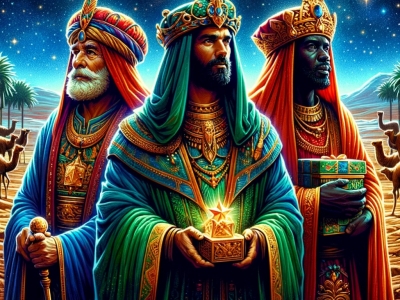


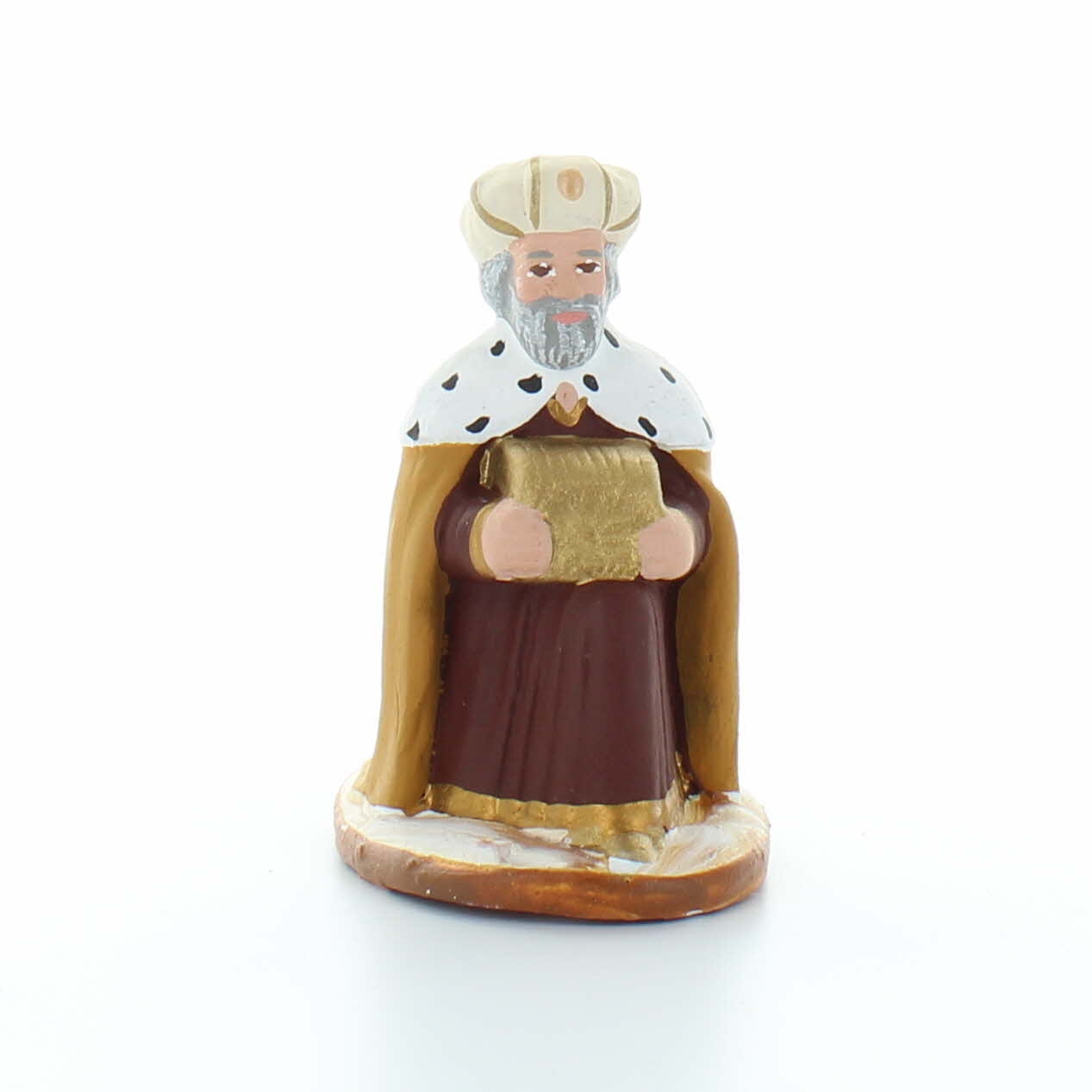
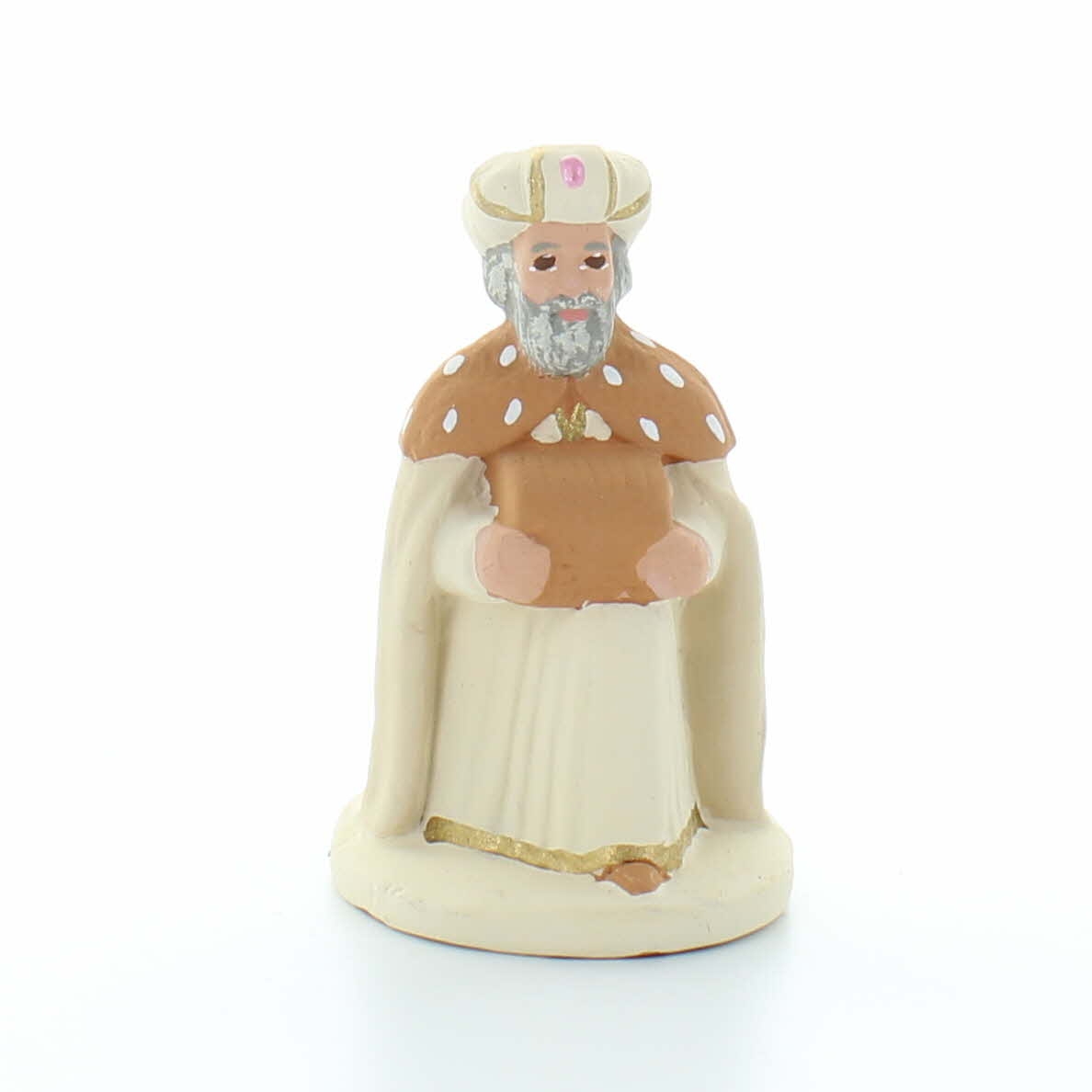
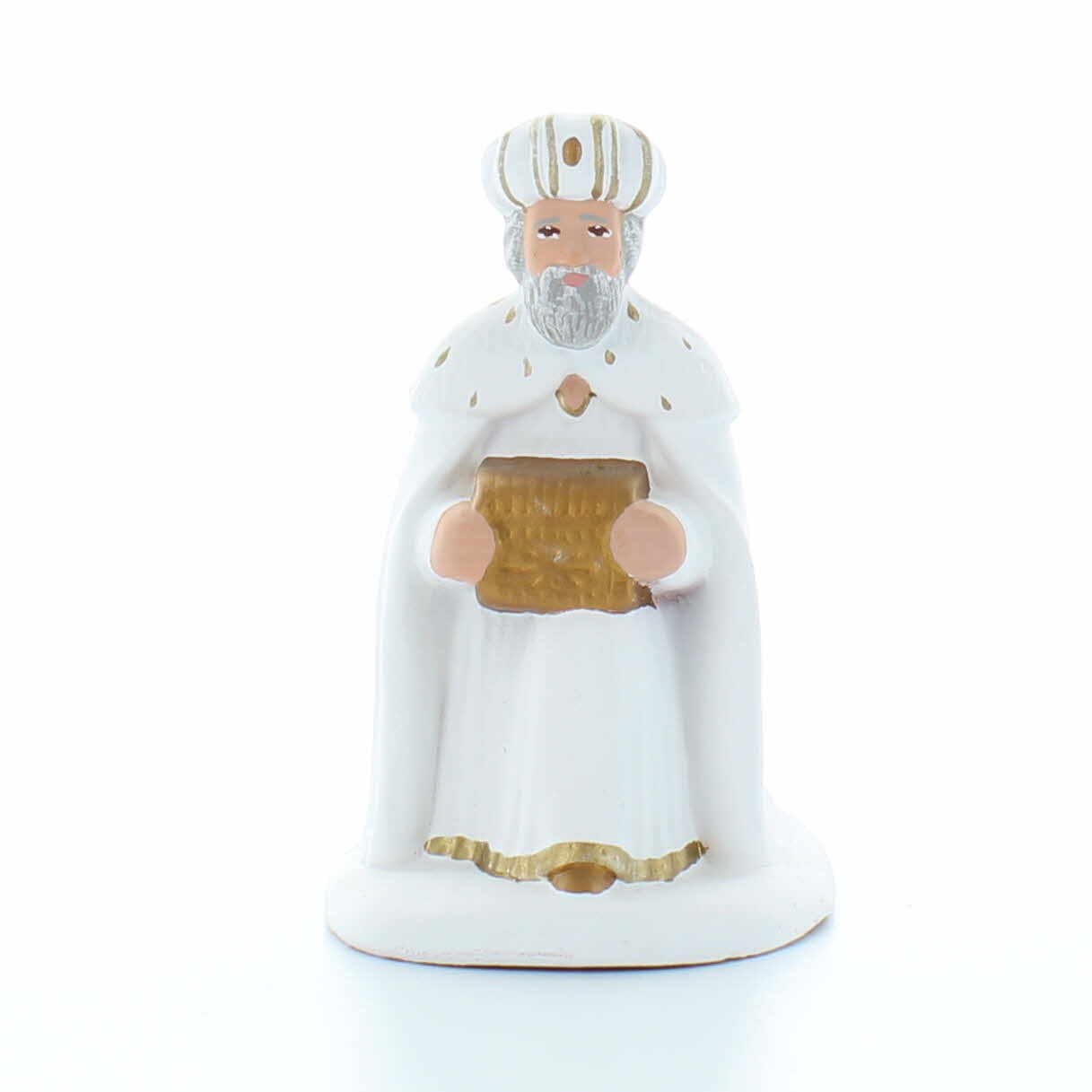
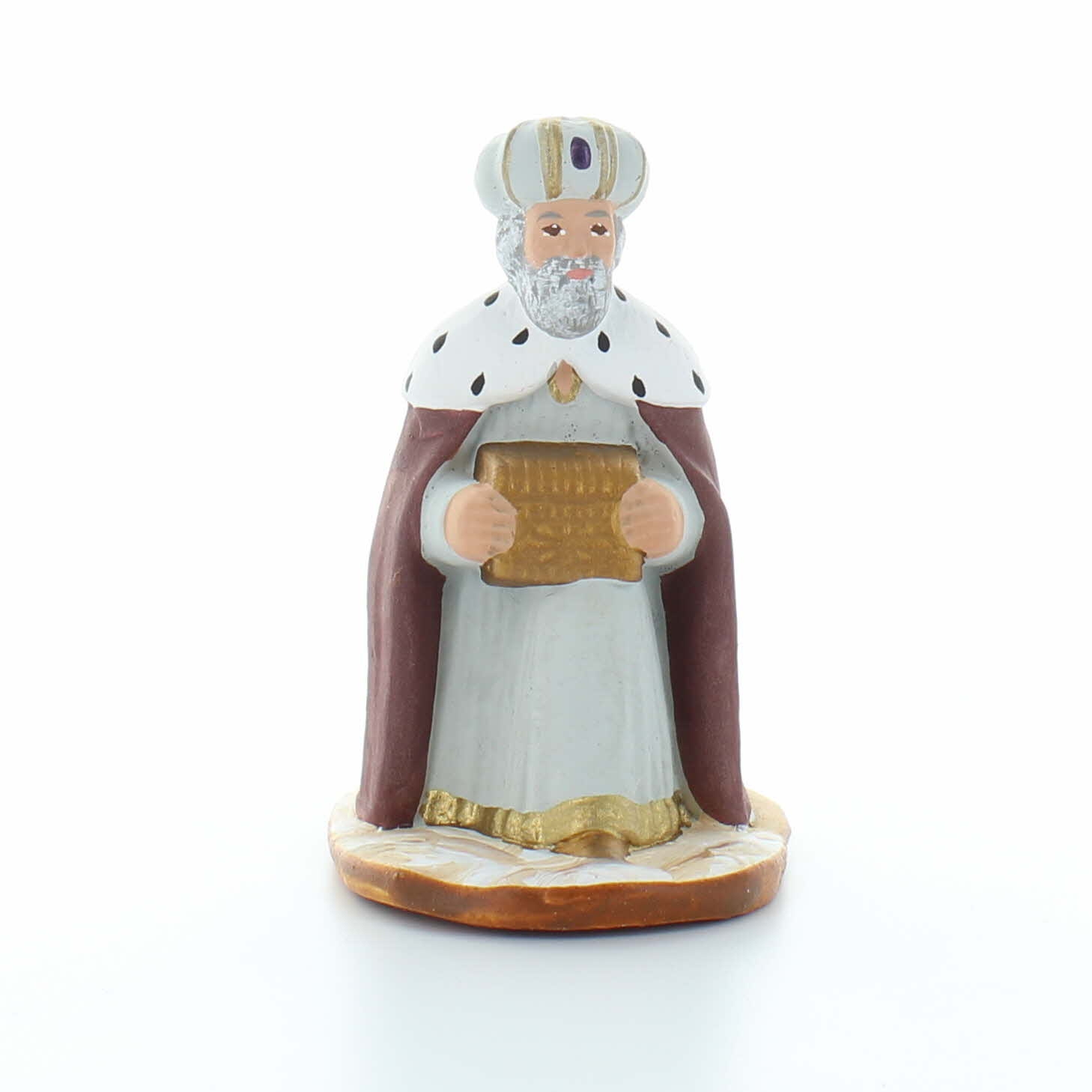
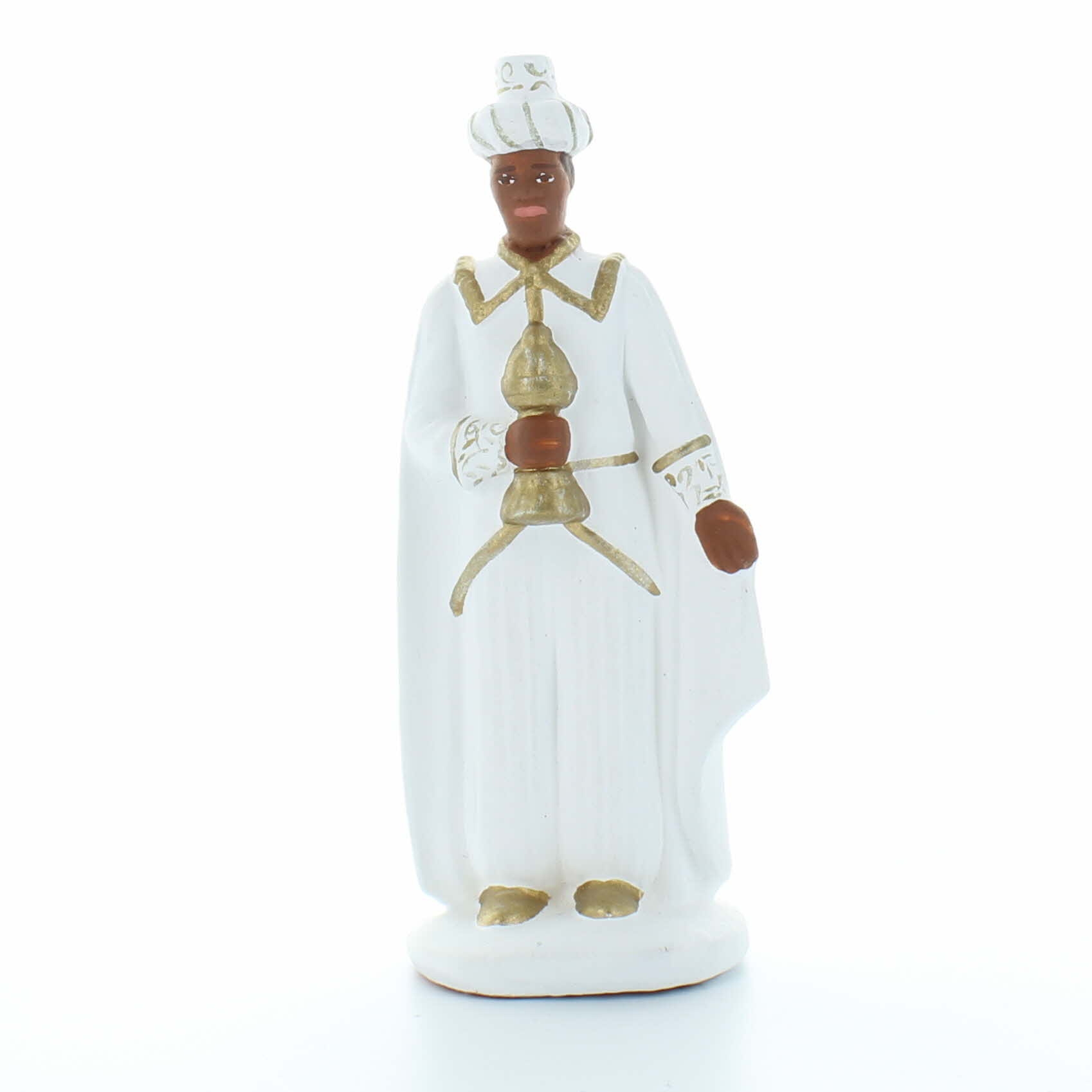
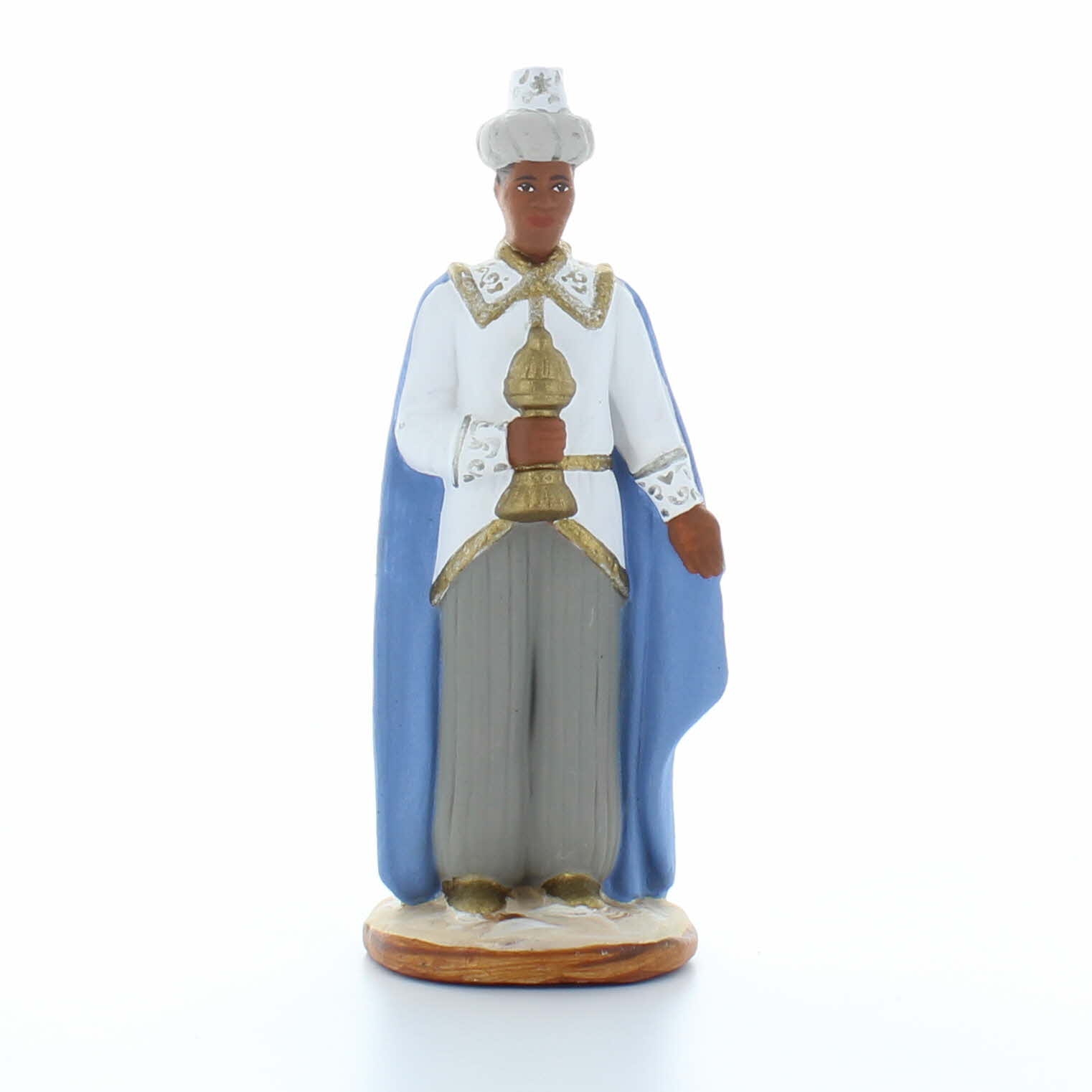
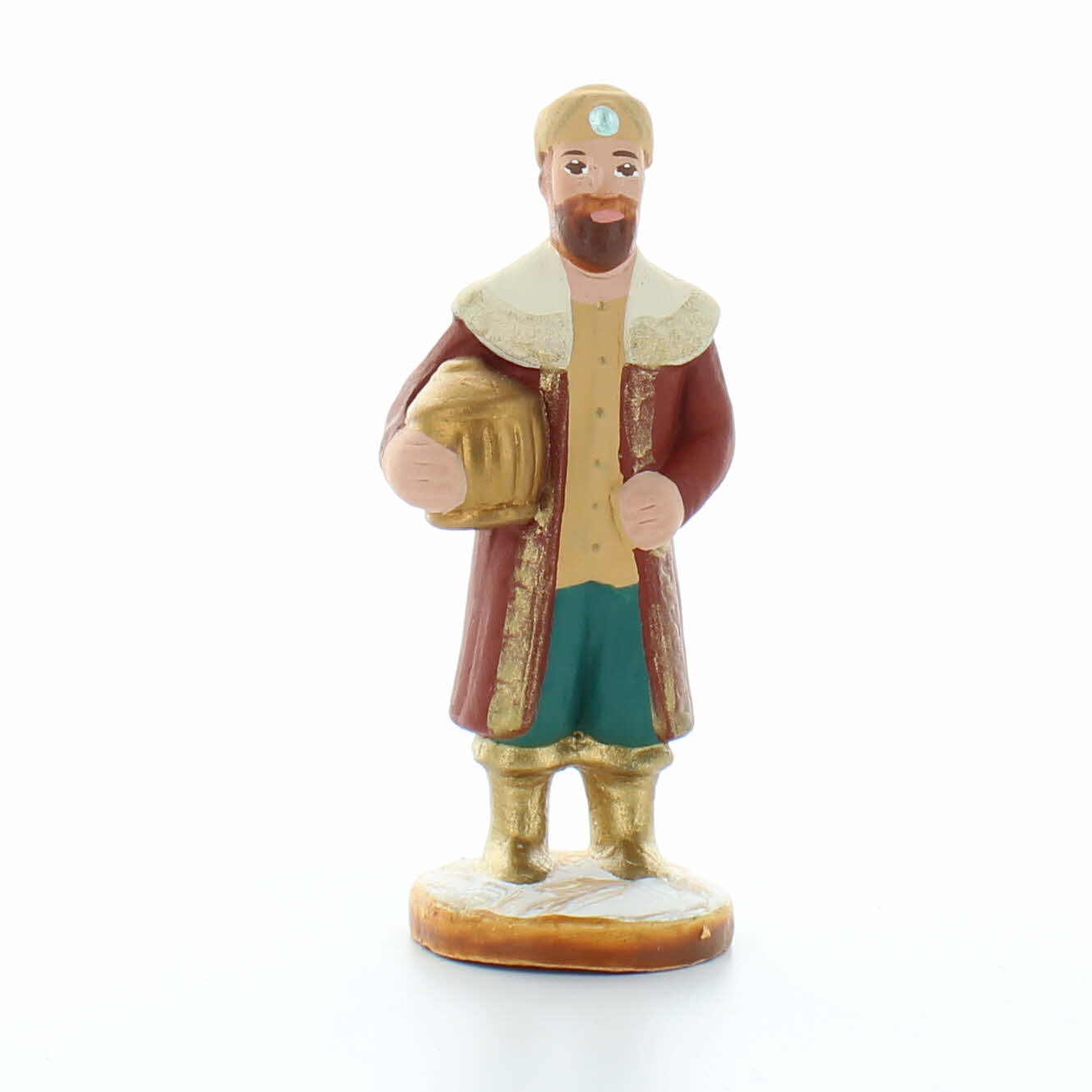
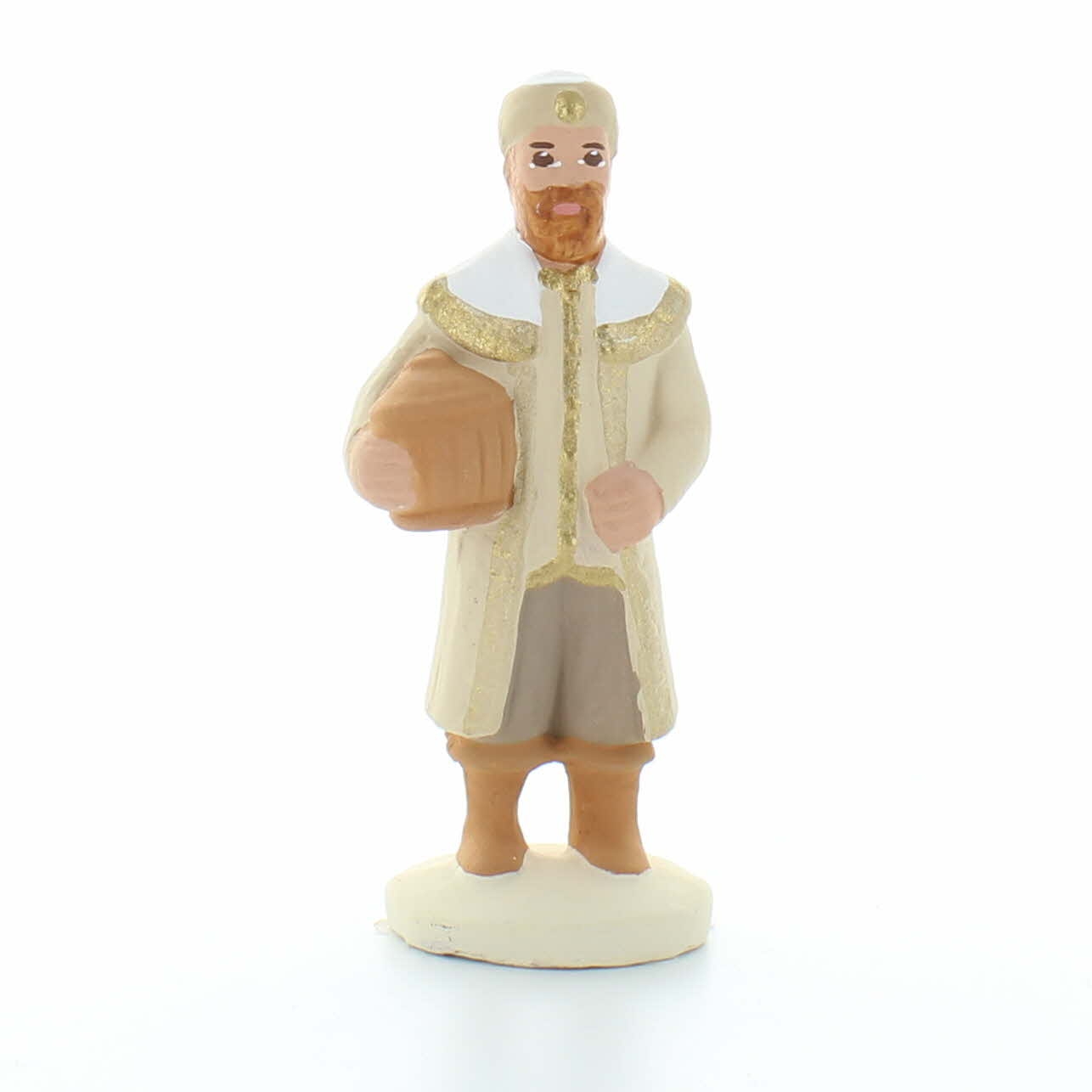
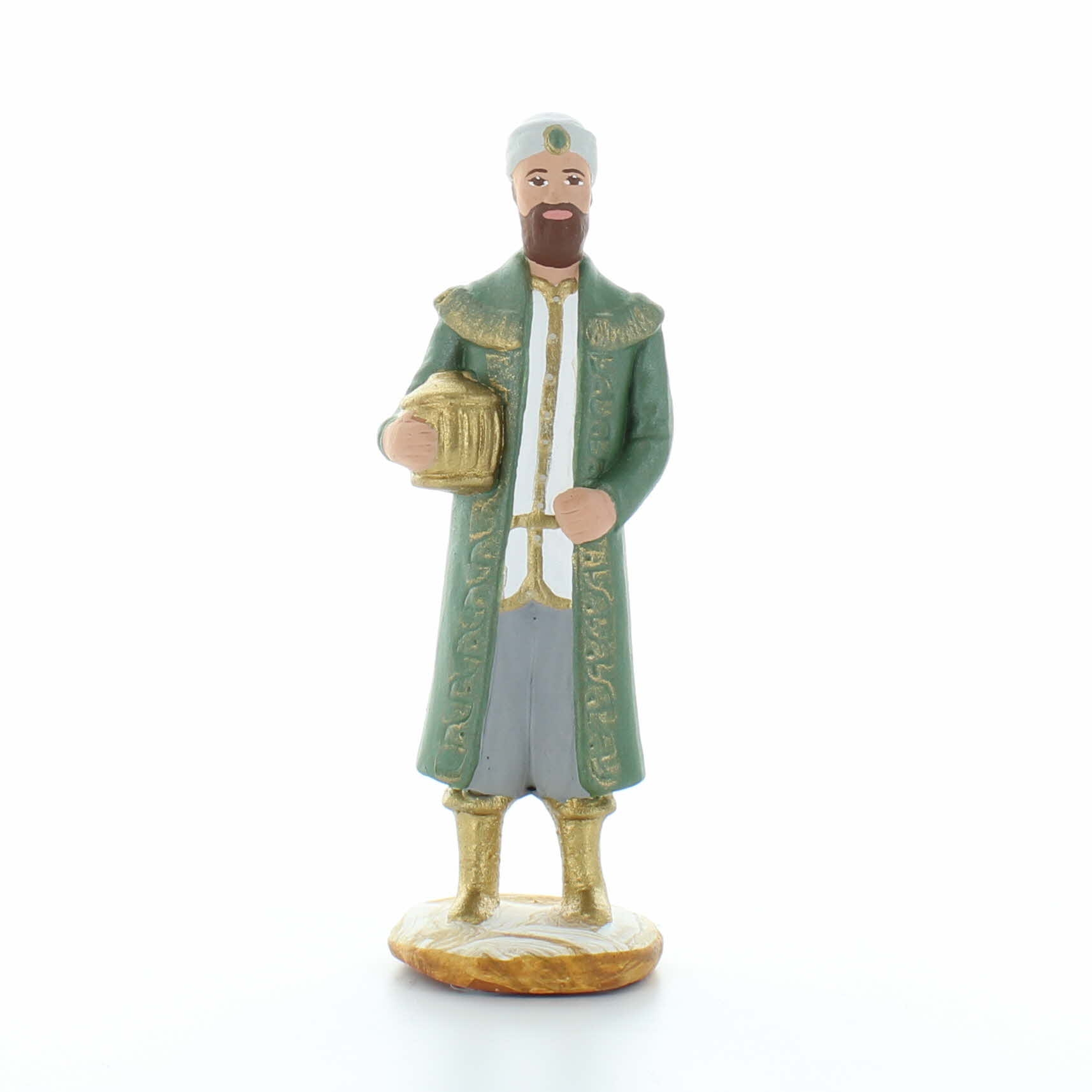
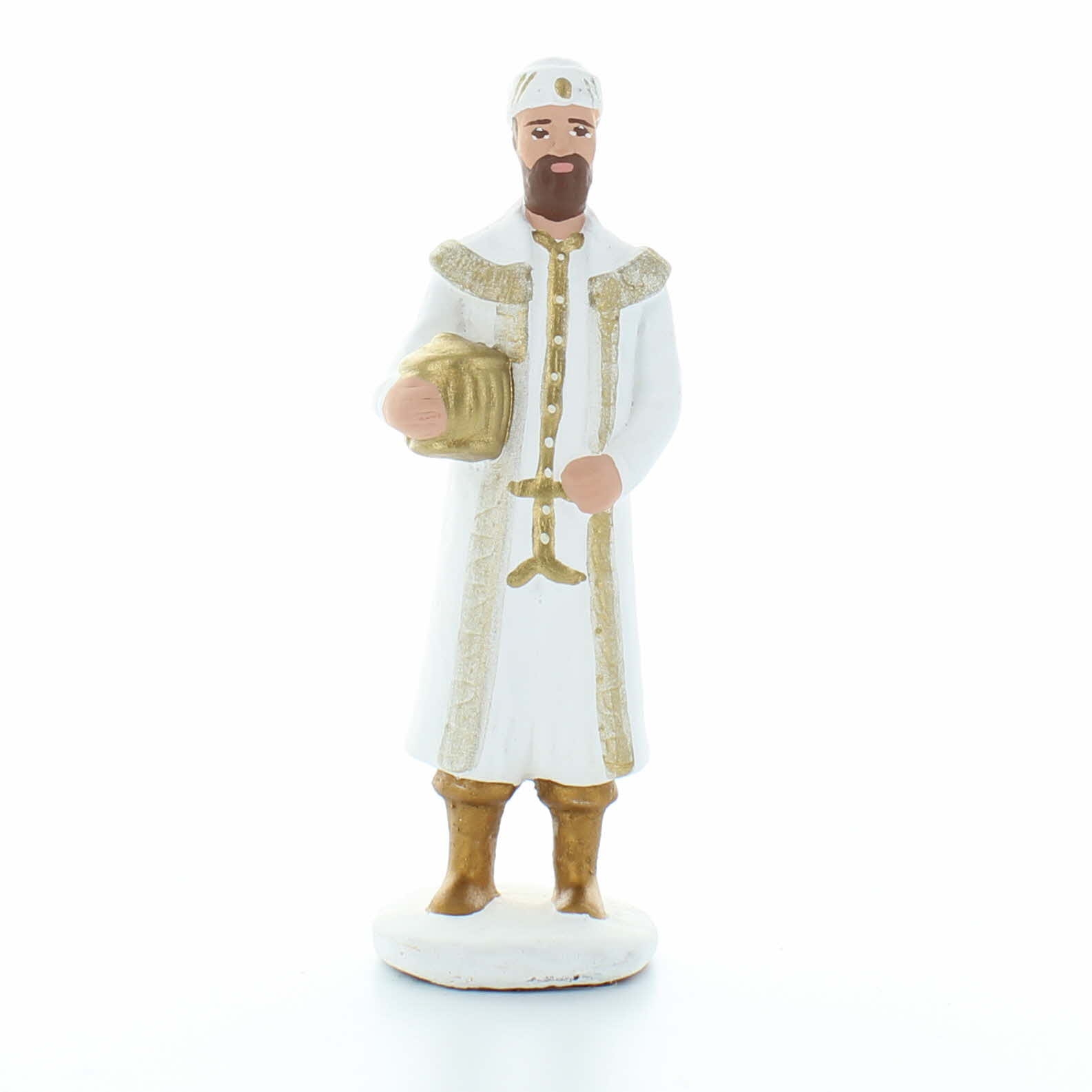
 The Mystery of the Five Wounds of Christ: A Profound Exploration of Their Spiri
The Mystery of the Five Wounds of Christ: A Profound Exploration of Their Spiri  Women's religious orders: A heritage of service and education
Women's religious orders: A heritage of service and education  What is Secours Catholique?
What is Secours Catholique?  Jesus' 40 Days in the Desert: A Spiritual Exploration
Jesus' 40 Days in the Desert: A Spiritual Exploration  In un mondo di connessioni costanti e distrazioni digitali, la Quaresima si sta
In un mondo di connessioni costanti e distrazioni digitali, la Quaresima si sta